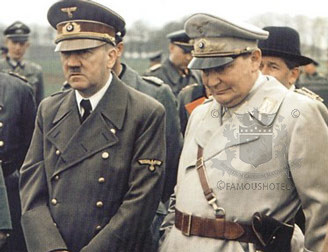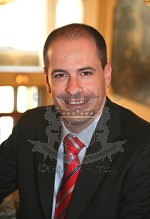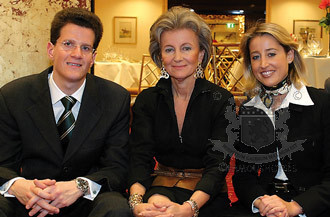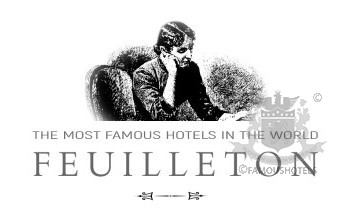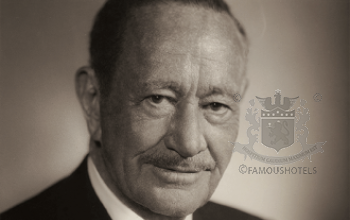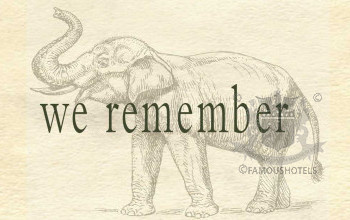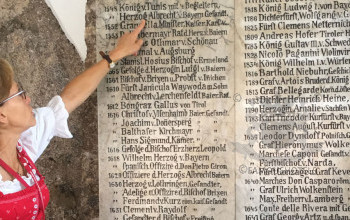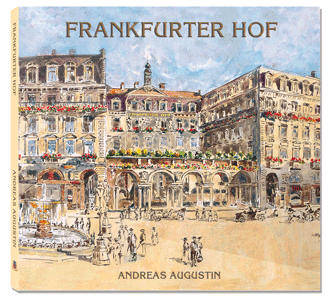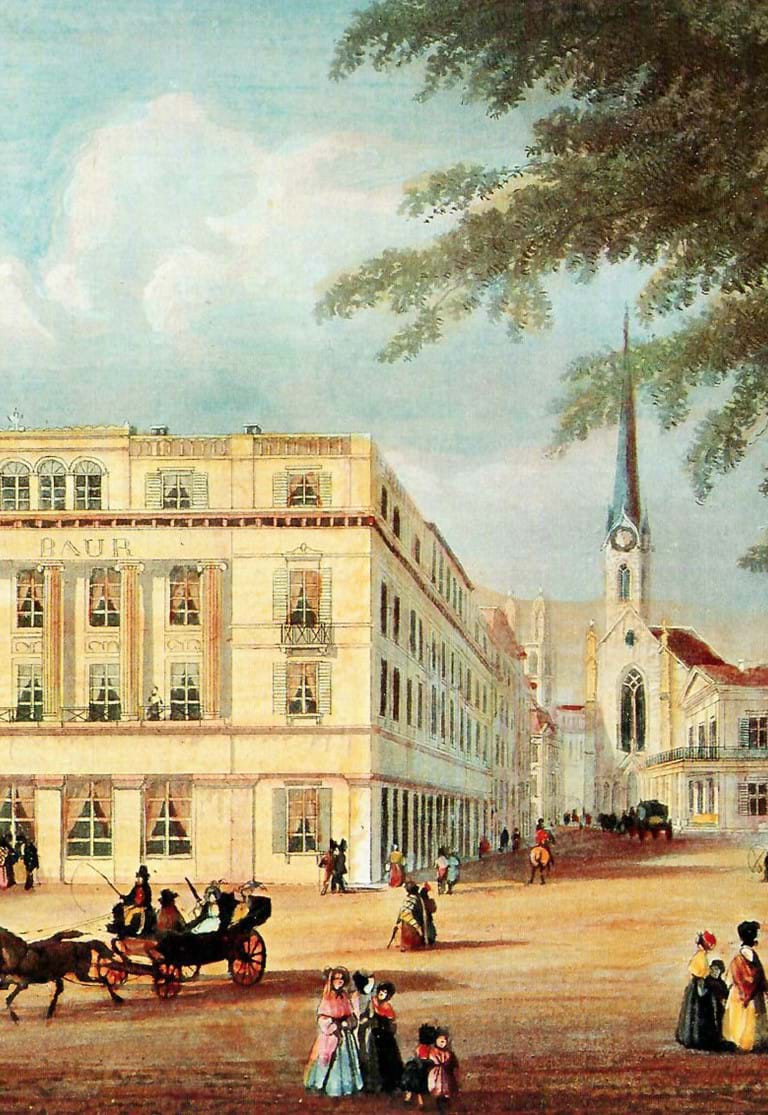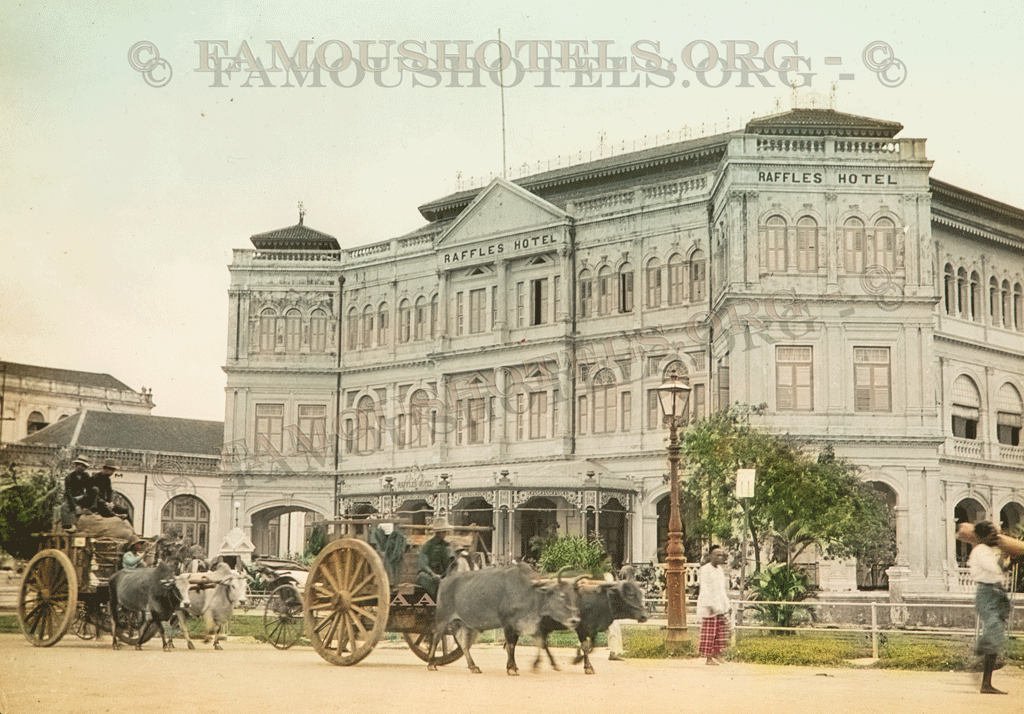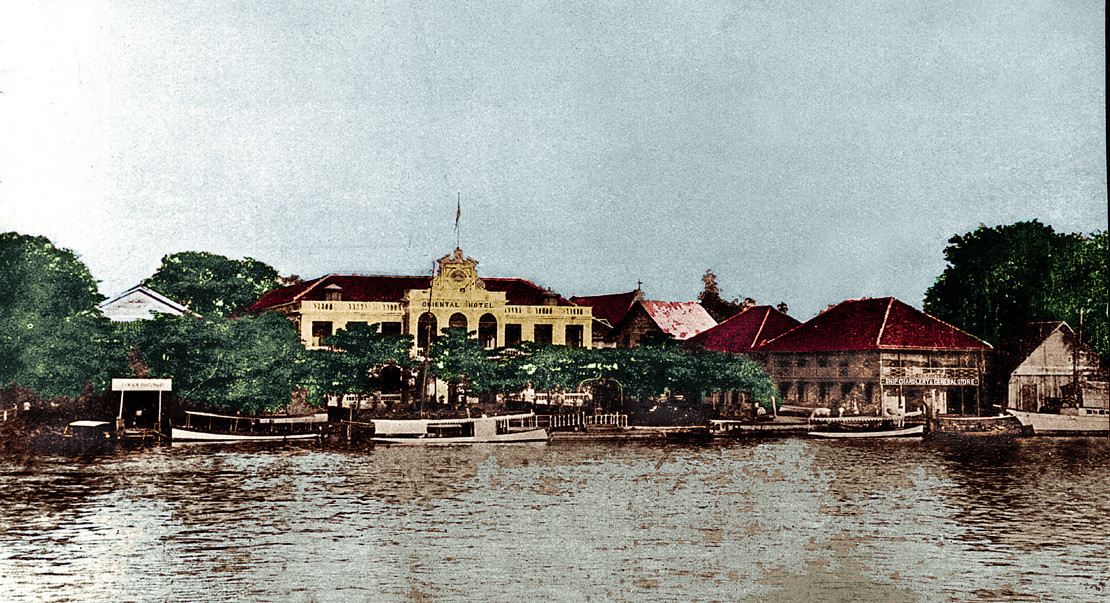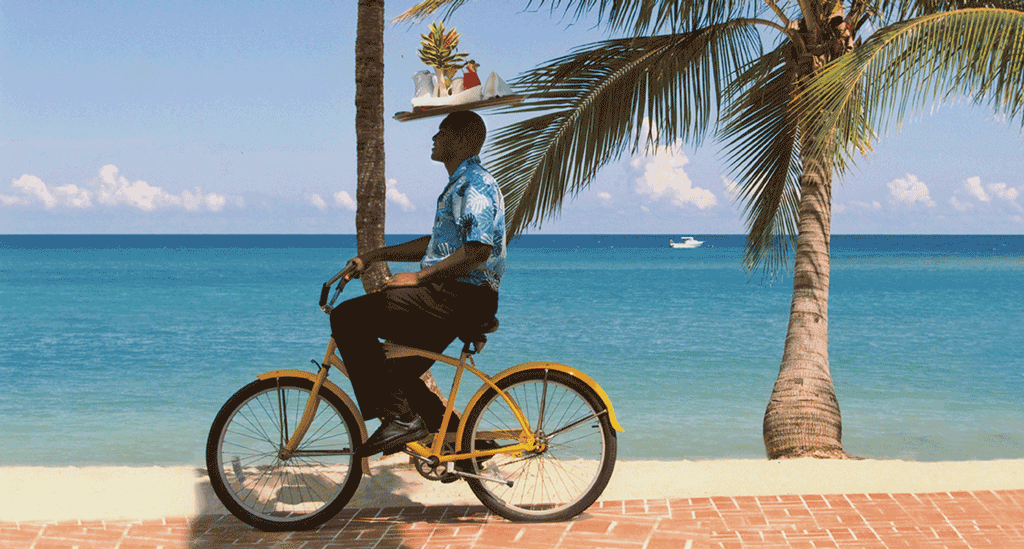Hitler’s Hotels
( words)
By Thomas Cane
Before the Third Reich crumbled, a visit from Adolf Hitler was a great honour for hotels in many parts of Europe, which would get decked out in Nazi flags and swastikas for the occasion. But which ones did the Führer like best? And did all hotels like him? In the 1930s there were a number of grand hotels in Berlin deemed fit to host the Nazi ruler. Some would later be reduced to rubble when the Third Reich crumbled under a relentless downpour of Allied Bombs. One of those was The Excelsior, opened in 1908. Standing on Askanischen Platz, across the street from Anhalter Bahnhof, it was one of the most modern and biggest hotels in the world. This colossus had 600 rooms, 9 restaurants, an array of amenities including a butcher’s and a baker’s and, the cherry on the cake, an underground tunnel connecting the hotel to the station over the road. Hotel guests could even buy their train tickets at The Excelsior. It is alleged that The Excelsior was the initial choice of the Nazi Party leadership to host Adolf Hitler on the eve of his assumption of power. The hotel director, a certain Curt Elschner, not a great friend of the Nazi movement, is said to have turned down the honour, which ultimately went to The Kaiserhof. This grand hotel on Berlin’s Wilhelmstrasse dated back to the 1870s and played a significant role in Germany’s pre-war history. It was here, for instance, that the founding of Lufthansa was negotiated in 1926, as a result of the merger between two rival air companies, Junkers Luftverkehr and Aero Lloyd. Then, in 1932, the hotel played host to Nazi leaders as they plotted the rise of Hitler to power. In August that year, the future Führer, moved into The Kaiserhof. Three years later Göring celebrated his marriage here and in 1936 it was chosen as the official hotel of the Olympic Games. Like The Excelsior, however, The Kaiserhof would later be blown to smithereens in the final days of the Third Reich.
Then of course there was The Adlon, on Unter den Linde. In the days leading up to World War II, it was known as a playground for diplomats, the so-called ‘Little Switzerland of Germany’. As the Russians swarmed into Berlin in 1945, the hotel was destroyed but has since risen like a phoenix from the ashes. Now a Kempinski hotel, The Adlon serves as a reminder of a glorious Berlin of days gone by and pays special attention to its history (see //famoushotels.org/article/669).
In Munich, the Hotel Vier Jahreszeiten (today Kempinski, see //famoushotels.org/hotels/152) on elegant Maximilianstrasse was a meeting place for a host of far right groups. There was the pan-German Alldeutscher Verband, the antisemitic Hammerbund and, above all, the Thule Society, an aristocratic club devoted to extreme nationalism and considered a precursor of the Nazi party. Its emblem was a swastika. The Walterspiel brothers, owners of the Vier Jahreszeiten, were themselves members. Elsewhere in Germany, Hitler favoured the hotel Deutscher Hof in Nürnberg, where he would take a large room on the first floor and watch the marching columns out on the street. In 1936 the hotel added an extension, which included a special Führer balcony. The Deutscher Hof has since gone out of business. In Weimar, meanwhile, he would stay at Hotel Elephant on Marktplatz and could often be seen greeting crowds and viewing marching columns from outside the hotel entrance. In Berchtesgaden, where he lived on the Obersalzberg. Hitler's famous mountain vacation retreat, he frequented the Hotel Zum Türken and the Hotel Platterhof.
In Vienna, Hitler made his grand entry into the city he had known so many years earlier as a down and out tramp. Here he was in for a surprise. He wanted to stay at the Hotel Imperial.
As a half-starved day labourer (source: historyplace.com), he had been shovelling snow off the pavement outside the entrance and respectfully removing his cap as wealthy guests came and went. As a poor youth he could never go inside. When he returned as the Führer, Hitler entered the Royal Suite and delivered a speech to a rapturous crowd from the suite's balcony, on 14 March 1938.
However, general manager Stefan Plank found some good excuses not to give the Royal Suite to Hitler for the night. He was actually given a smaller, very modest room, not facing the main road. After this the visit did not pass without some degree of controversy. Now, hotel general manager Stefan Plank, who over the preceeding years had always outed himself as an opponent of the Nazis, was in trouble. In his eyes, the Imperial was an "imperial hotel", not the playground for the new ruling (working) class. Declared a ‘friend of the Jews’, Plank was imprisoned by the Nazi secret police.
For seven years, however, it had little choice. (see the story "Unfit for Hitler": https://famoushotels.org/news/fired-unfit-for-hitler).
On the southern coast of Gdansk bay, in the Baltic Sea (Poland), lies the conurbation made up of Gdansk and Soport, whose Grand Hotel (read our story about the Grand Hotel) was another establishment once frequented by the Führer. Back in the 1930s Gdansk was Danzig and ruled by the League of Nations, while Soport was a seaside town popular with German holidaymakers, many of whom like nothing better than to spend the evening gambling at the casino in The Grand. In September 1939, Hitler launched an artillery bombardment of Polish positions in Danzig, lighting the fuse that would before long explode into World War II. The Führer arrived at The Grand later that month and stayed for two nights. From his first-floor suite he peered through his binoculars as German warships systematically destroyed the Polish fleet out in the choppy seas of the bay. Not that the hotel likes to shout on the rooftops about this notorious chapter in its history. "When guests book the suite we tend not to mention the Hitler connection," admits one of the managers. But why keep quiet? After all, culpability for the rise of Nazism and the subsequent horrors of World War II can cerainly not be pinned on modern generations. Moreover, that era constitutes an important part of a hotel's history, and the hotelier has to learn to admit it. The stories of the past, no matter how unpleasant to the modern psyche, must be told. Lest we forget.

